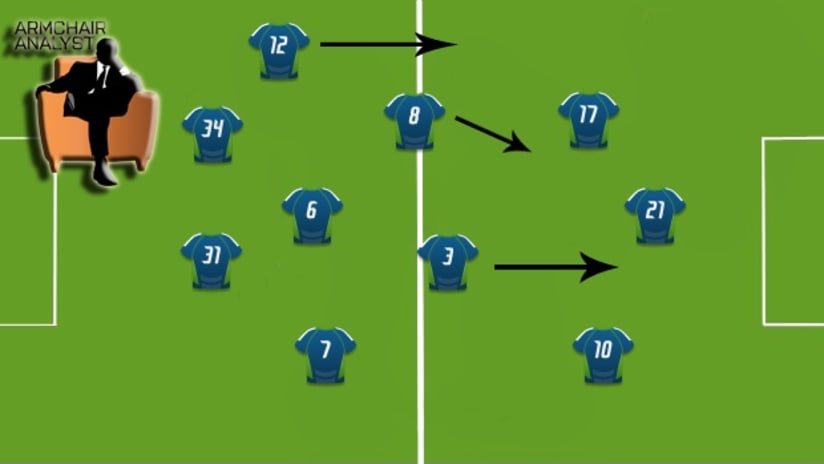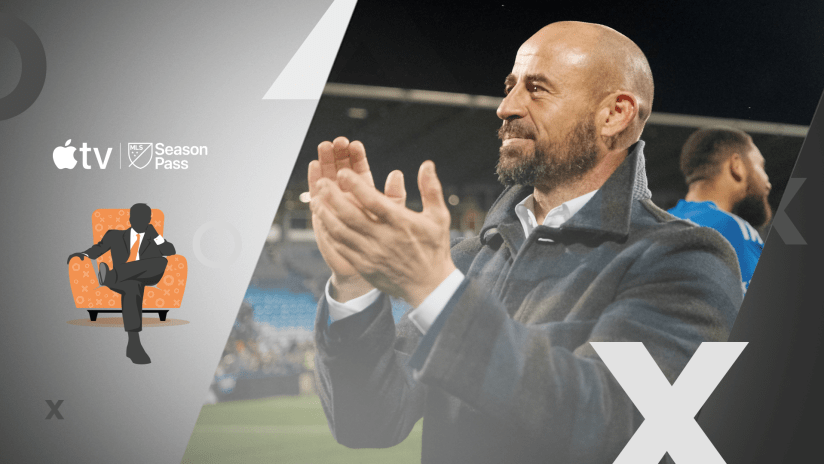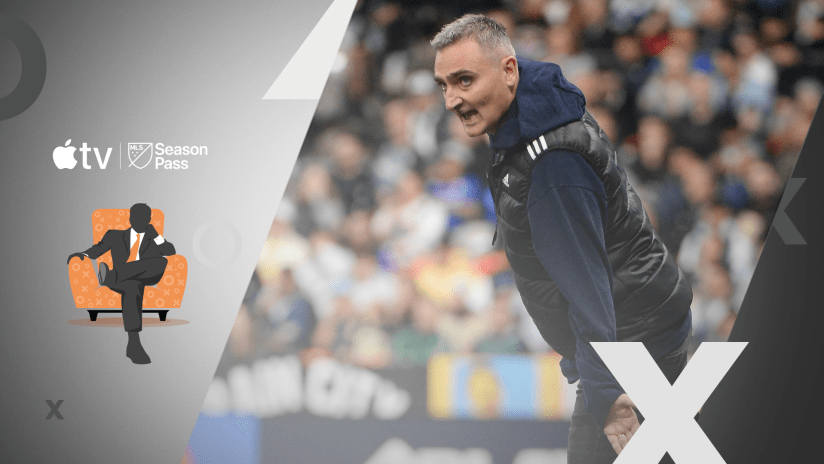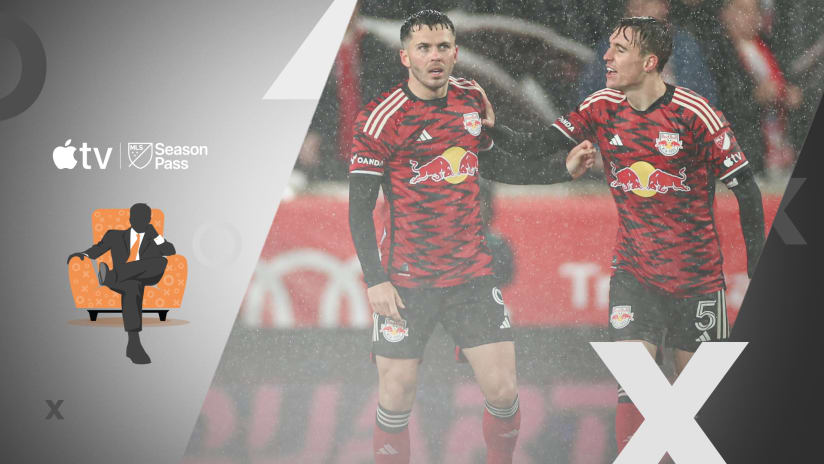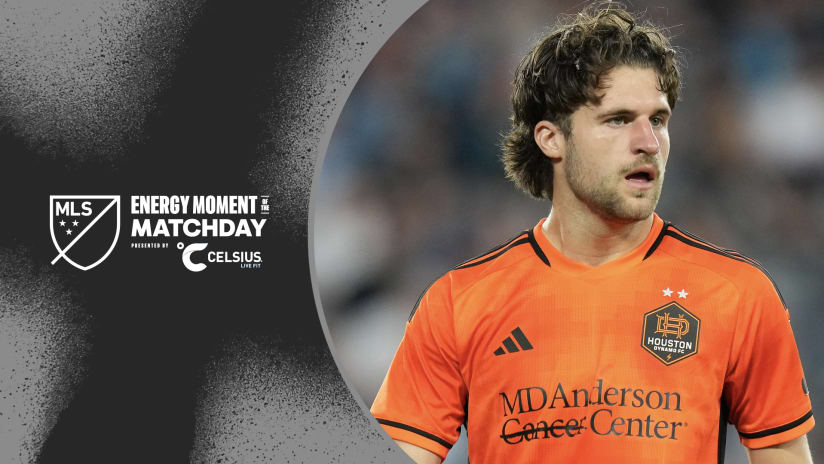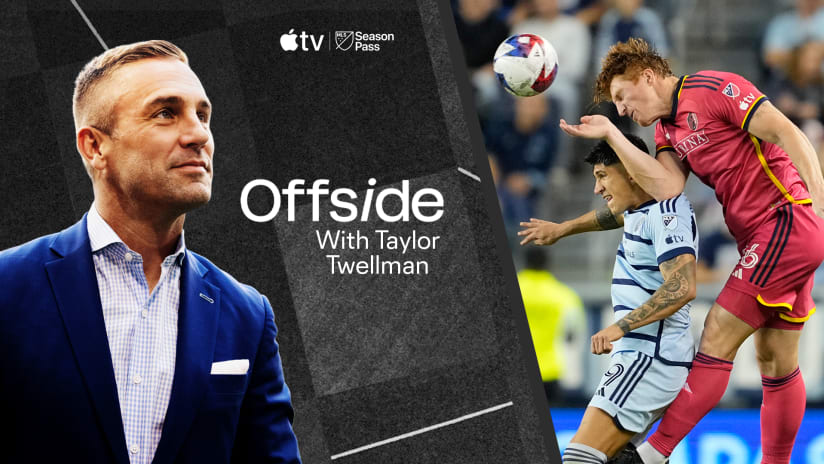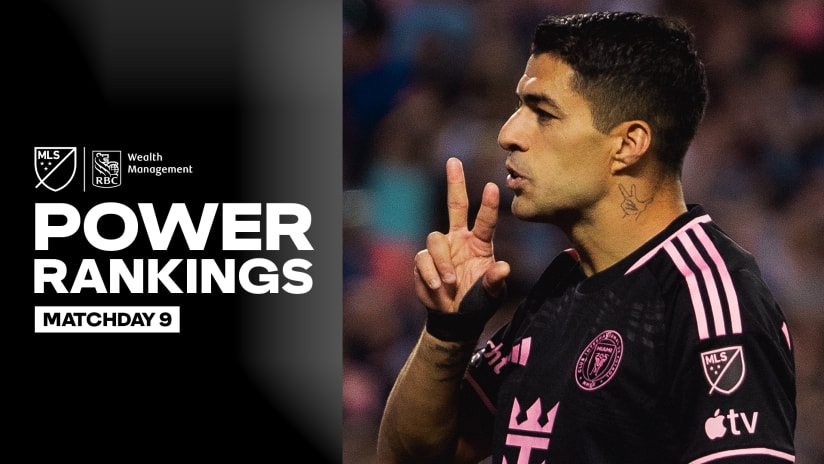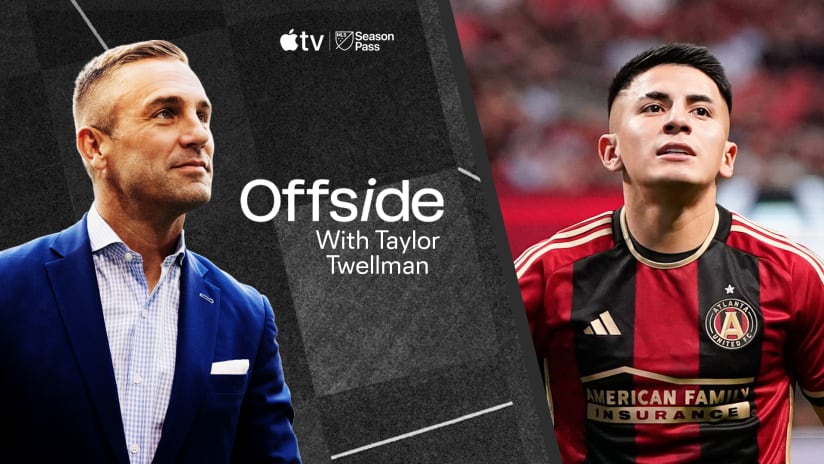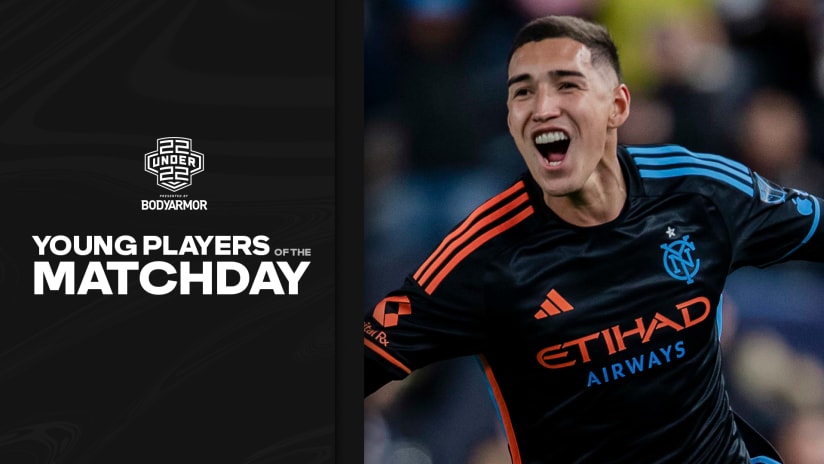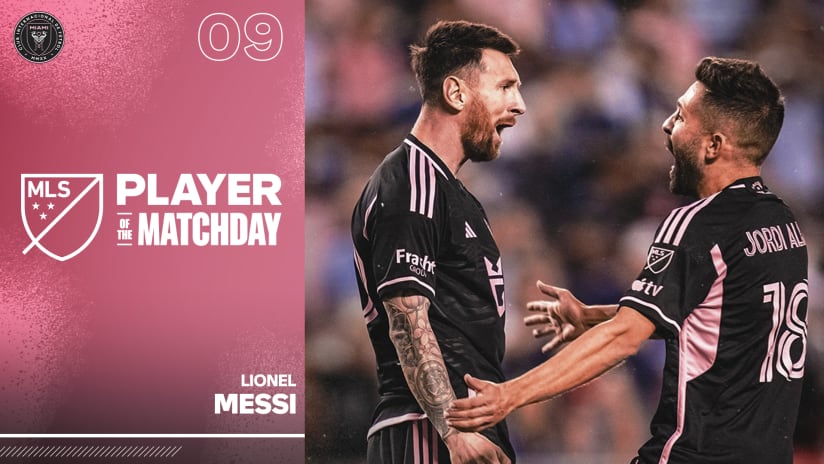The Seattle Sounders are about to enter into a midseason rebuild. It’s not fair, and it’s not going to be fun – especially for a fanbase that won two US Open Cup titles out of the gate and haven’t really known adversity until this week.
But, in the words of Bob Bradley, “It is what it is.” The Sounders lost their best player, Steve Zakuani, likely for the season. And just days later they lost their starting center forward, O'Brian White, for an unspecified amount of time with a blood clot.
Both losses are gut-wrenching, especially with the Sounders schedule ready to fill to capacity. The regular-season slate will be supplemented by Open Cup contests and, eventually, the CONCACAF Champions League group stage. It’s not a great time to be shorthanded, and it’s not a great time to have to adjust the way you play. But that’s just what Sigi Schmid’s men will have to do.
No More Zak
The loss of Zakuani is a catastrophe. The third-year winger is that rarest of players in this modern age: a midfielder who loves to hug the touchline and attack wide through the middle, but then dive central in the final third and attack at the near-post on his stronger, left foot.
Watch: Zakuani torches Fire
In a world of inside-out wingers or withdrawn playmakers who want to cut inside and have a rip on their stronger foot – Lionel Messi is, of course, the pinnacle of this type – Zakuani stood out. The angles he attacked from are atypical for this day and age, and as his goal several weeks back against the Chicago Fire showed, teams had difficulty containing him.
His pace and 1-on-1 ability were, of course, his greatest assets (and hopefully will be again), and they were augmented by his both his nose for goal and vision in the attacking zone. When Zakuani was on the ball, the field tilted and defenders were backpedaling. Even a novice soccer fan knows that’s a good thing.
White on the shelf
White’s received his fair share of flak over the past few years for his shoddy finishing. And no, the guy’s not exactly Romário in front of net.
Watch: White robbed by Hall
But in Seattle’s system he was ideal because he embraced the role of the true center forward, adjusting his runs to drag players away from the skill guys, pushing the central defense as deep as possible, and fighting to knock down every header into the run of a teammate. Instead of Romario, think of him more as a Conor Casey lite.
With White laid up, the Sounders have a hole up top. Nate Jaqua is the probable replacement, and while Jaqua has the tools to replicate White’s role, he’s never really made it a priority to do so. Jaqua’s more at home drifting high and left instead of running off-the-ball to the posts. It’s not that he’s not a battler; few in the league are tougher than Jaqua. He fights for and wins his share of 50-50 balls and knock-downs. It’s that he does so more often in the middle of the field than in the attacking third.
In that attacking third, he’s just not a center forward. And nobody else on the Sounders roster is, either.
The solution
That leaves Sigi and the gang in a world of hurt, and the aim, one would have to assume, will be toward 1-0 wins via the counter. Seattle don’t even have the luxury of playing for set-pieces, as though there are plenty of Sounders defenders with size, none is a goal-hawk in the fashion of a Bobby Boswell or Chad Marshall.
There is an unconventional solution, though. And it comes from the central midfield.
Brad Evans was a crucial element of the Seattle attack even when Zakuani and White were healthy. With them gone, he may very well go from “crucial element” to “centerpiece.”
Watch: Evans goes near post
The idea would be for Evans to mimic the runs of White, but start them earlier and from deeper. Neither Jaqua nor Fredy Montero is going to play as a No. 9, but both are capable of holding the ball and finding runners. Add in Mauro Rosales creating from the right-hand side, and things start to come together.
Jaqua would stay high and central, occupying the central defenders. Montero, as is his wont, would drift just underneath between the opposition’s defense and defensive midfielders. With the defense otherwise occupied, that would open up space for Evans to crash the goal and either run onto flick headers from Jaqua or drag defenders away from Montero.
It’ll ask a lot of Evans in terms of stamina, but the guy is nothing if not a runner. It’ll also ask Zakuani’s replacement at left midfield – probably Erik Friberg, possibly Alvaro Fernandez – to stay deeper and more central to help Osvaldo Alonso run the midfield. In Friberg’s case, that’s a good thing as he’s proven to be one of the least effective crossers of the ball in the league thus far.
Could it work? Probably. Júlio Baptista played a similar role for Sevilla a decade ago and thrived. Same with Michael Ballack in his first go-round with Bayer Leverkusen.
The catch, though, is that Friberg or Flaco will have to make certain Alonso's not left on an island defensively, and Montero will have to embrace the new timing and rhythm of the offense.
Whether he embraces it or not, though, it’s certain Seattle’s going to have to adjust. They no longer have much team speed, they no longer have a true target, and they no longer have an attacking identity. Giving Evans the chance to be the one who sets the tone on that last bit seems as good a solution as any in the near-term.
Matthew Doyle can be reached for comment at matdoyle76@gmail.com and followed on Twitter at @MLS_Analyst.

